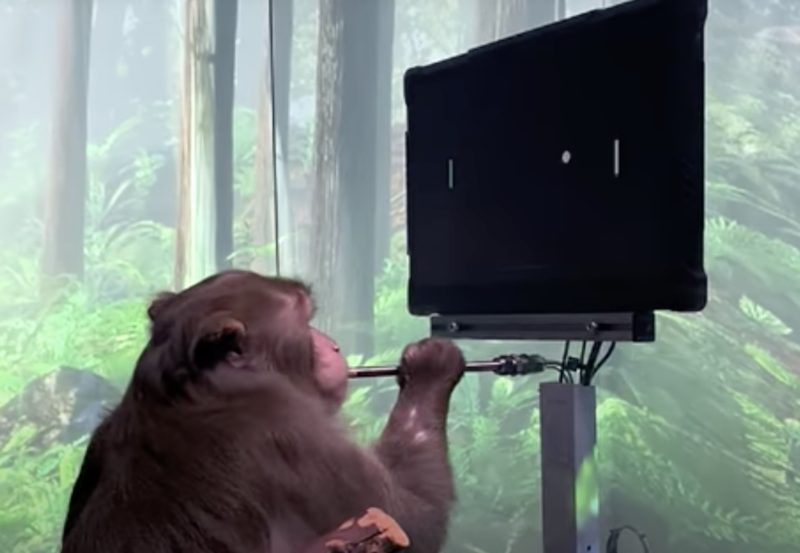
The US Department of Transportation is investigating allegations that Elon Musk’s brain-computer interface company, Neuralink, violated federal transportation regulations when it shipped contaminated implants removed from the brains of deceased research monkeys infected with multiple types of dangerous pathogens. The alleged violations could have put humans at risk of exposure to hazardous germs, including drug-resistant bacteria and a potentially life-threatening herpes virus.
Reuters was the first to report the department’s investigation, which was sparked by allegations brought Thursday by the Physicians Committee for Responsible Medicine (PCRM), a medical group that advocates for animal welfare in medical research. The Department of Transportation confirmed to Ars on Friday that it has opened a standard investigation of Neuralink in response to PCRM’s allegations.
In a letter addressed to Transportation Secretary Pete Buttigieg and William Schoonover, associate administrator of the department’s Pipeline and Hazardous Material Safety Administration, the PCRM laid out its evidence for possible violations of hazardous material transportation regulations based on a trove of documents and emails obtained through public record requests. The advocacy group says the evidence shows Neuralink’s contaminated hardware was not properly packaged to prevent exposure to humans and that Neuralink employees who transported the material had failed to undergo legally required training on how to safely transport such material.
The allegations fit a pattern of claims against Neuralink, which suggest that the company abused animals and performed slapdash research to try to meet Musk’s rushed timelines for product development. Last year, the USDA inspector general opened an investigation on whether the company violated the Animal Welfare Act as current and former Neuralink employees spoke out about “hack job” surgeries and the needless suffering of research animals.
“A big deal”
The allegations of improper transportation of the potentially hazardous brain hardware revolve around events from 2019 when Neuralink was moving hardware from the University of California, Davis, to a Neuralink facility. At the time, Neuralink was partnered with researchers at UC Davis, who performed invasive brain-computer interface studies using rhesus macaques.
PCRM’s allegations centered around shipments of hardware from two monkeys, who collectively had brain infections with drug-resistant Staphylococcus and Klebsiella bacteria, Corynebacterium ulcerans, which is associated with diphtheria-like illnesses in humans, and Macacine herpesvirus 1 (Herpes B), which can cause severe brain damage and death in humans.
Emails from UC Davis safety employees to Neuralink employees suggest that staff involved with the transport of the hardware were not properly trained, and extracted implants were not properly packaged and labeled. One email to a Neuralink employee read:
Since the hardware components of the explanted neural device are not sealed and it was not disinfected prior to leaving the Primate Center, this presents a hazard for anyone potentially coming in contact with the device. Simply labeling it ‘hazardous’ doesn’t account for the risk of potentially contracting Herpes B.
In a subsequent email, a UC Davis employee wrote of another instance in which “uncontained, monkey contaminated hardware” has been improperly transported by Neuralink employees.
This is an exposure to anyone coming in contact with the contaminated explanted hardware and we are making a big deal about this because we are concerned for human safety.
Neuralink ended its partnership with UC Davis in 2020. But PCRM claims the violations remain relevant because Neuralink still works with the neurosurgeon who oversaw the experiments at UC Davis and may still work with other researchers from the defunct partnership.
Neuralink did not immediately respond to a request for comment from Ars. Reuters also reported that the company did not respond to their comment requests.
https://arstechnica.com/?p=1916922

